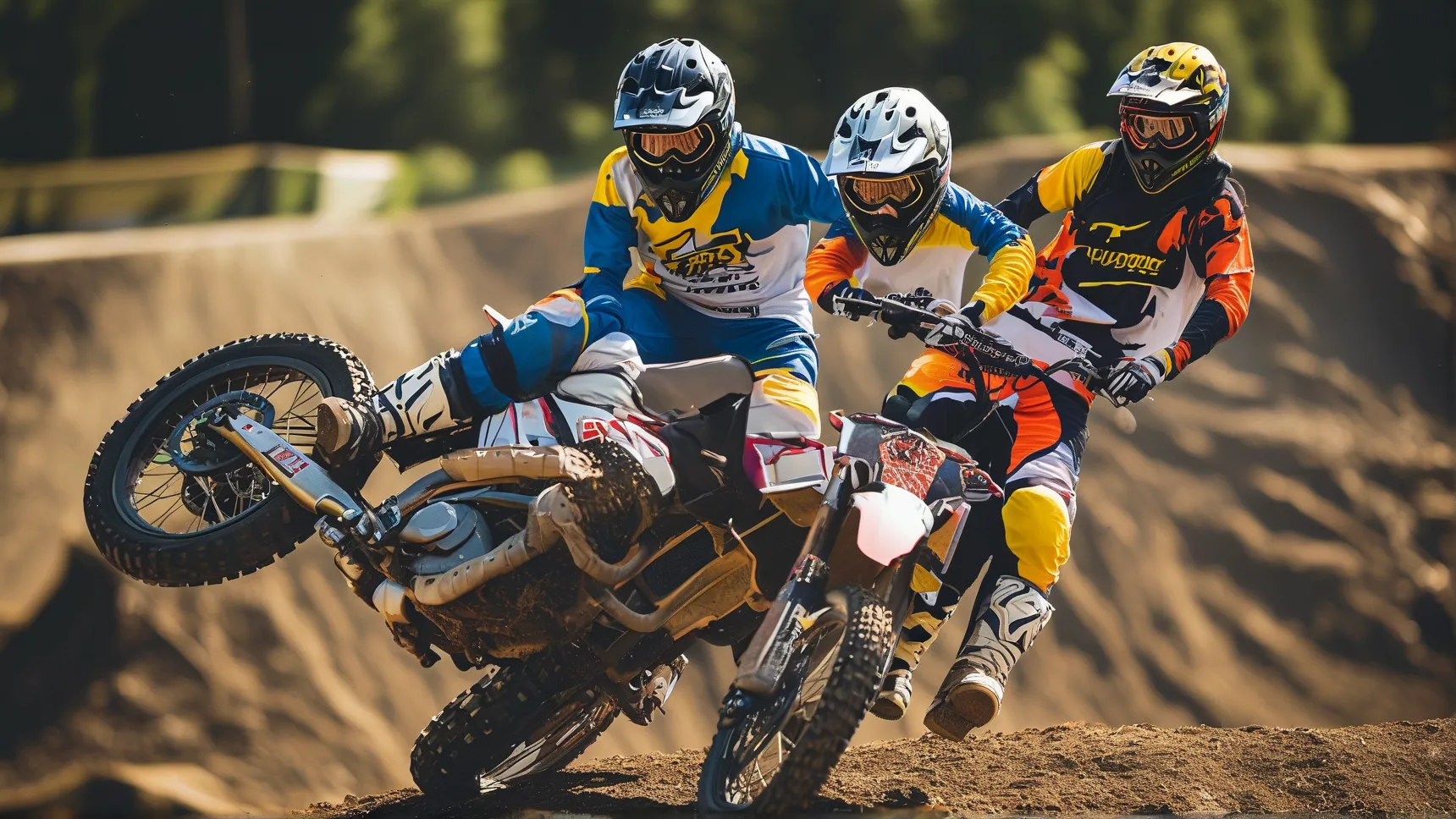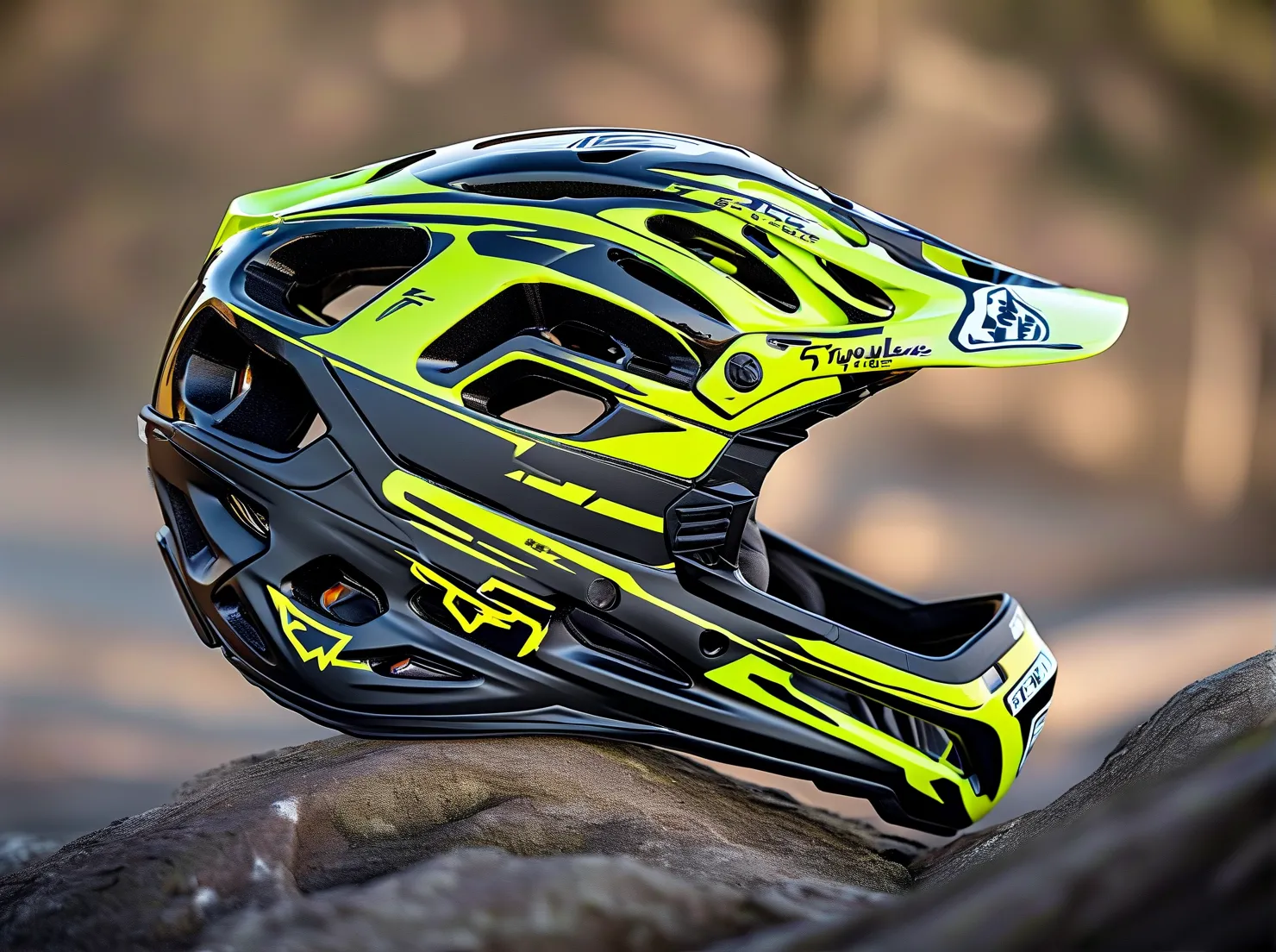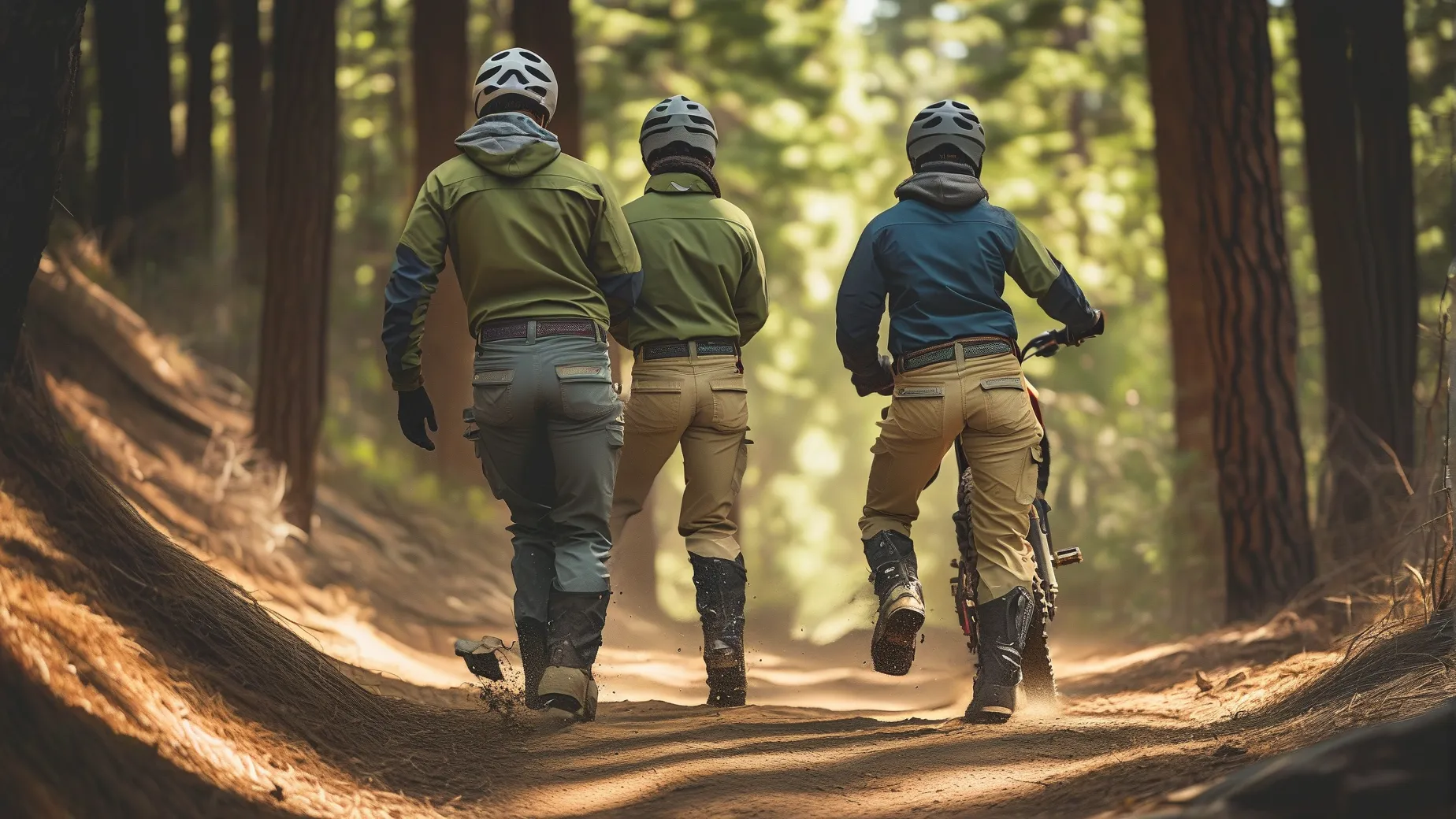Riding a motorcycle through Arizona’s scenic highways is a dream for many, but obtaining your license can quickly turn frustrating if you fall into common training pitfalls. With over 30% of first-time applicants failing the Arizona motorcycle license test due to preventable errors (Arizona Department of Transportation, 2023), understanding these mistakes could save you time, money, and unnecessary stress. Let’s break down where riders go wrong and how professional instruction helps you sidestep these issues.
Mistake 1: Skipping Pre-Course Preparation
Many new riders assume motorcycle courses only involve hands-on practice, but Arizona’s mandatory Basic Rider Course (BRC) includes critical classroom sessions. Students who arrive unprepared often struggle with:
– Key traffic laws specific to motorcycles (e.g., lane splitting rules in AZ)
– Understanding braking physics for two-wheeled vehicles
– Proper helmet certification standards (DOT vs. Snell ratings)
Pro Tip: Review the Arizona Motorcycle Operator Manual at least one week before your course. Focus on sections covering right-of-way rules and defensive riding strategies.
Mistake 2: Choosing the Wrong Training Level
Arizona offers three course tiers:
1. BRC: For absolute beginners (3-day program)
2. BRC2: Skill refresher for licensed riders (1-day)
3. Advanced Rider Course: Precision techniques (2-day)
The Motorcycle Safety Foundation reports that 42% of BRC participants who failed had previously attempted self-taught riding, developing hard-to-correct habits. Honest self-assessment of your current skill level ensures you select the appropriate program.
Mistake 3: Underestimating Gear Requirements
Arizona’s heat leads many riders to compromise on safety gear, but ADOT-certified schools enforce strict requirements:
| Essential Gear | AZ-Compliant Specifications |
|---|---|
| Helmet | DOT FMVSS No. 218 certification |
| Eye Protection | ANSI Z87.1-rated or face shield |
| Gloves | Full-finger, abrasion-resistant |
| Footwear | Over-ankle boots with non-slip soles |
Students arriving with improper gear lose valuable training time purchasing replacements—often at premium prices near training sites.
Mistake 4: Neglecting Bike-Size Compatibility
While training motorcycles are provided, many riders overlook the importance of practicing on a bike matching their intended purchase. A Harley-Davidson Street 500 (494 lbs) handles drastically differently than a Honda Rebel 300 (364 lbs). Top Phoenix-area schools like RideSafe Arizona now offer multiple bike categories:
– Cruisers
– Sport bikes
– Dual-sport models
This diversity helps students build transferable skills rather than machine-specific habits.
Mistake 5: Ignoring Post-Course Practice
Passing the BRC doesn’t guarantee road readiness. ADOT data shows 68% of new licensees avoid freeway riding for their first six months due to skill gaps. Quality instructors provide personalized practice drills:
– Slow-speed cone patterns for parking lot mastery
– Emergency braking threshold exercises
– Countersteering drills for highway-speed turns
Why Professional Training Becomes Your Advantage
Certified Arizona rider coaches don’t just teach—they diagnose and correct hidden errors:
1. Throttle Control Analysis: Identifying wrist-position flaws causing jerky acceleration
2. Cornering Line Critique: Using chalk diagrams to visualize optimal entry/exit paths
3. Brake Balance Training: Progressive exercises for perfect front/rear brake coordination
Schools like Arizona Motorcycle Training & Consulting boast a 94% first-pass licensure rate by incorporating real-time video feedback and controlled skid simulations.
Final Checklist Before Enrolling in AZ Courses
- Verify instructor certifications (MSF/RSS accreditation required)
- Confirm range-to-classroom time ratio (minimum 50% hands-on)
- Ask about rain policies (Phoenix monsoons affect scheduling)
- Check DMV affiliation for direct license waivers
By avoiding these common missteps and investing in structured training, you’ll not only pass your test faster but develop lifelong skills for Arizona’s unique riding environment—from Sedona’s switchbacks to Tucson’s urban corridors. Remember: The 16 hours spent in quality instruction could prevent decades of risky habits.




Leave a Reply